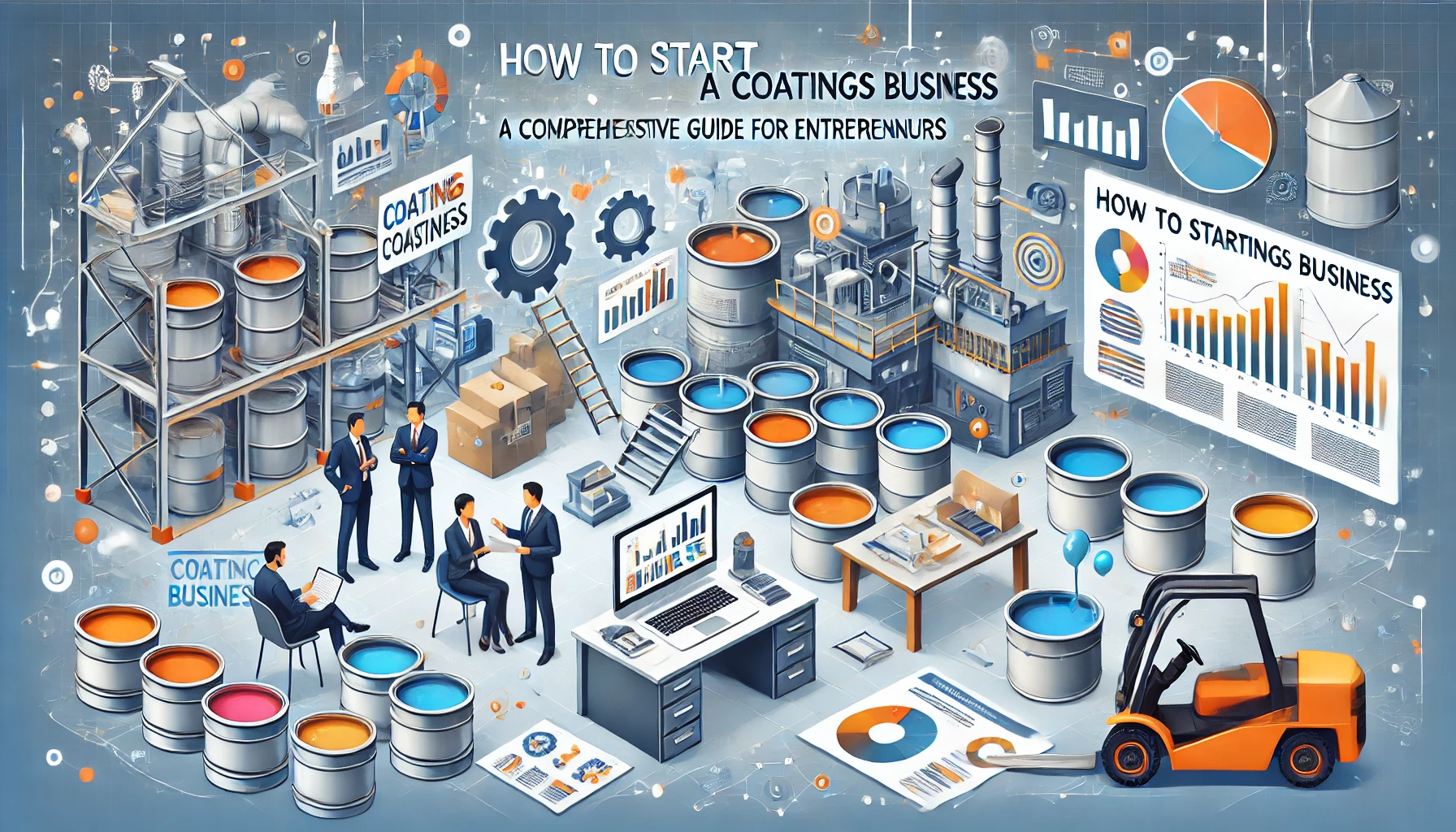The US 421 Corridor in Wilmington, North Carolina, is known for its bustling industrial and commercial activity. Spanning a significant stretch of the city, this corridor is home to a diverse range of businesses, including manufacturing plants, distribution centers, logistics companies, and service providers. It serves as a vital artery for Wilmington’s economy, linking the region to key highways and the Port of Wilmington, making it a strategic location for various industries.
In this article, we will explore the types of businesses that operate along businesses on the 421 Corridor in Wilmington, NC, and examine how this area has become a hub of economic activity, offering growth opportunities for both local enterprises and larger corporations.
The Strategic Importance of the 421 Corridor
The 421 Corridor holds strategic importance due to its proximity to major transportation routes, including the Port of Wilmington, Interstate 140, and US Highway 17. This accessibility makes it an attractive location for businesses involved in logistics, distribution, manufacturing, and import-export operations. With the growing industrial activity in Wilmington and the surrounding regions, the 421 Corridor has evolved into a focal point for business development.
Additionally, the corridor benefits from Wilmington’s economic initiatives, including efforts to enhance the local infrastructure and create an environment conducive to business expansion. The presence of industrial parks, access to a skilled workforce, and support from local government agencies have further cemented the 421 Corridor’s status as a thriving business zone.
Key Types of Businesses on the 421 Corridor
The business landscape along the 421 Corridor is diverse, with companies spanning various sectors that contribute to Wilmington’s economic vibrancy. Here are some of the key types of businesses you’ll find in this corridor:
1. Manufacturing Plants
Manufacturing is a prominent sector along the 421 Corridor. The area is home to numerous factories and production facilities that manufacture a wide range of goods, from building materials and chemicals to machinery and consumer products. These businesses benefit from the corridor’s transportation links, which facilitate the movement of raw materials into Wilmington and the distribution of finished products to markets nationwide.
Local and multinational companies alike operate manufacturing plants along the corridor, taking advantage of the strategic location near the port and major highways. The corridor’s industrial parks provide the necessary infrastructure, including utilities, storage, and transportation facilities, to support large-scale manufacturing operations.
2. Distribution Centers and Logistics Companies
Given its proximity to the Port of Wilmington, the 421 Corridor has naturally attracted numerous distribution centers and logistics companies. These businesses play a crucial role in the supply chain, handling the storage, sorting, and transportation of goods to various destinations. Their presence supports a wide range of industries, including retail, e-commerce, automotive, and construction.
Companies along the 421 Corridor have access to efficient shipping routes, both domestic and international, making it easier to manage imports and exports. Some of these businesses also offer third-party logistics (3PL) services, including inventory management, freight forwarding, and fulfillment, providing comprehensive solutions for companies looking to streamline their supply chain operations.
3. Construction and Building Supply Companies
The corridor is also home to several construction and building supply companies that cater to Wilmington’s expanding urban and suburban development. These businesses supply materials such as lumber, concrete, steel, roofing, and electrical components to construction firms working on residential, commercial, and infrastructure projects across the region.
With the steady growth of the construction sector in Wilmington, the demand for building supplies continues to rise. Companies located along the 421 Corridor benefit from the area’s logistical advantages, allowing them to deliver materials efficiently to job sites throughout southeastern North Carolina.
4. Industrial Services and Maintenance Providers
Supporting the corridor’s industrial base are numerous industrial service and maintenance companies. These businesses offer services ranging from equipment repair, HVAC maintenance, and electrical installations to industrial cleaning and waste management. They provide essential support to manufacturing plants, warehouses, and distribution centers, ensuring smooth and uninterrupted operations.
Some companies focus on specific industries like chemical processing, food production, or heavy machinery. They provide tailored solutions to meet the unique needs of their clients along the 421 Corridor.
5. Technology and Automation Firms
As manufacturing and logistics industries embrace advanced technologies, technology and automation firms are settling along the 421 Corridor. These businesses provide solutions like industrial automation systems, supply chain management software, warehouse robotics, and data analytics for optimizing production.
Adopting these technologies boosts business efficiency and productivity, helping them stay competitive in a tech-driven market. Moreover, the presence of technology firms fosters innovation in Wilmington’s industrial sector, promoting sustainable growth and operational excellence.
6. Recycling and Waste Management Companies
The 421 Corridor’s concentration of industrial and manufacturing activities creates a strong demand for recycling and waste management services. Businesses in this sector recycle metals, plastics, electronic waste, and other industrial by-products. This promotes environmental sustainability within the corridor.
These companies help manufacturers and businesses comply with environmental regulations. They also manage waste efficiently and adopt greener practices. By processing and repurposing waste materials, they also contribute to a circular economy within the region.
The Future of Business on the 421 Corridor
The 421 Corridor in Wilmington is poised for continued growth as businesses expand and new enterprises set up operations. Several factors will drive this future development:
- Infrastructure Expansion: Ongoing infrastructure improvements, such as road expansions, utility upgrades, and the enhancement of port facilities, will further increase the corridor’s attractiveness for businesses looking to establish a strategic base for manufacturing, logistics, and distribution.
- Economic Initiatives: Wilmington’s local government and economic development organizations actively promote business growth through incentives, grants, and support programs. These initiatives encourage both domestic and foreign investment in the 421 Corridor, fostering a robust and diverse business community.
- Sustainability Focus: With the global emphasis on sustainability, businesses along the corridor are increasingly adopting environmentally friendly practices. Investments in green technologies, waste management, and energy-efficient operations will shape the corridor’s future. This will position it as a model for sustainable industrial development.
Conclusion
The 421 Corridor in Wilmington, NC, is a vibrant hub of economic activity. It houses a diverse range of businesses that fuel the region’s growth and development. The corridor plays a crucial role in Wilmington’s business ecosystem, supporting manufacturing plants, logistics companies, technology firms, and recycling services.
The 421 Corridor’s location, infrastructure, and economic initiatives make it ideal for businesses looking to benefit from Wilmington’s industrial advantages. As the corridor evolves, it offers new opportunities for businesses aiming to succeed in North Carolina’s dynamic commercial region.











